introduction
Early Life and Education Early Life and Education
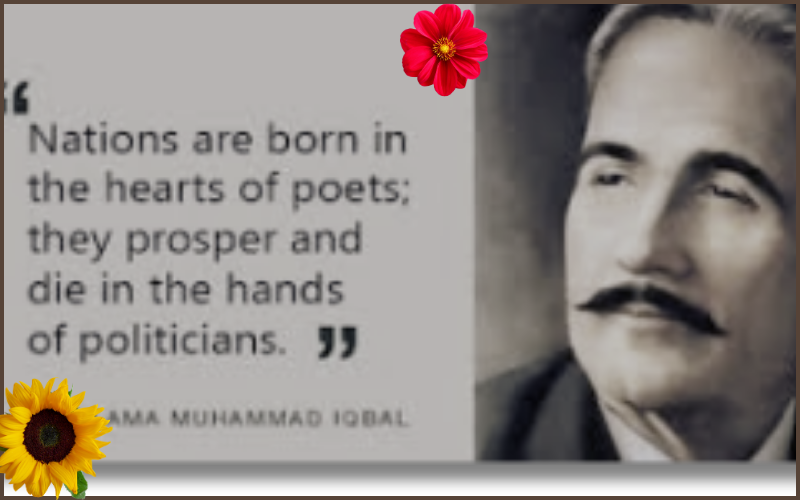
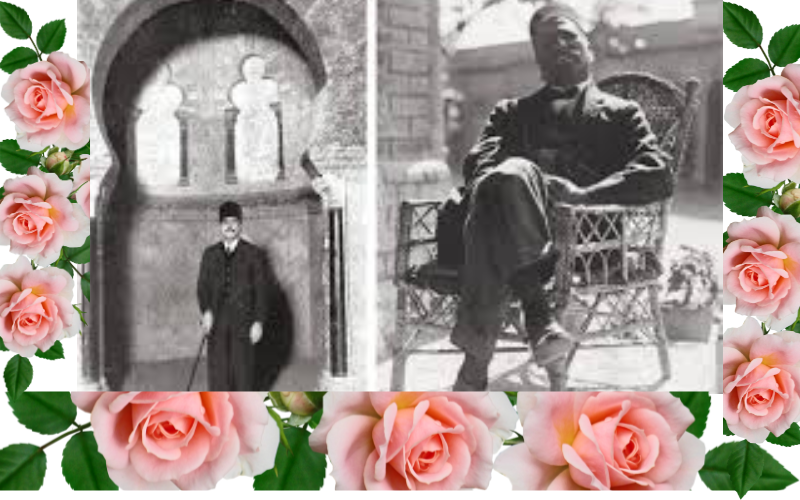
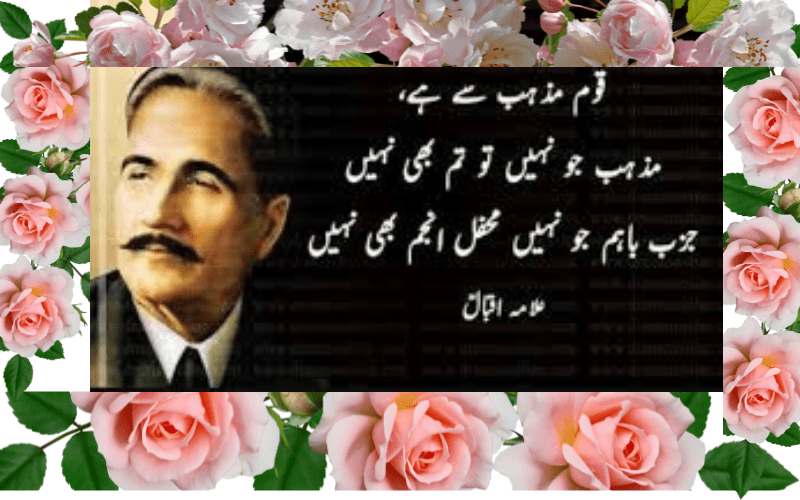
Born on November 9, 1877, in Sialkot, Punjab, which is now part of Pakistan, Allama Iqbal belonged to a Kashmiri Brahmin family that had embraced Islam. From a young age, Iqbal exhibited a deep interest in languages, literature, and philosophy. His early education began at a local school, followed by higher studies at Government College, Lahore, where he earned a degree in philosophy.
Iqbal’s academic path led him to Europe, where he continued his studies. He received a degree in philosophy from the University of Cambridge and then a PhD from the University of Munich in Germany. His sojourn in Europe had a significant impact on his mental process, and he began to investigate the concepts of selfhood, spirituality, and the sociopolitical situations of Muslims in British India.
Alama Iqbal’s Philosophical Vision
Allama Iqbal’s intellectual beliefs were strongly entrenched in Islamic tradition and influenced by Western philosophy. He aimed to rouse the Muslim Ummah (community) from its sleep under colonial rule and encourage them to rediscover their spiritual and intellectual roots. One of his most important contributions to philosophy is the notion of “Khudi” or selfhood, which emphasizes the growth of self-awareness and personal responsibility.
Iqbal thought that genuine freedom and empowerment for Muslims could only be reached by self-realization and adherence to Islam’s essential values. His philosophical essay “The Reconstruction of Religious Thought in Islam” summarizes his beliefs about the link between religion and modernity, and it is still considered a crucial reference for comprehending his intellectual legacy.
Allama Iqbal’s Poetry
Allama Iqbal is most renowned for his poetry, which crosses borders of language, place, and time. His poetry writings, written in Persian and Urdu, reflect a strong feeling of spirituality, compassion for mankind, and a call to action. Iqbal’s poetry is more than simply an artistic expression; it also serves as a means of communicating his philosophical thoughts and vision for the Muslim world.
His most well-known poems are “Asrar-e-Khudi” (Secrets of the Self), “Rumuz-i-Bekhudi” (The Secrets of Selflessness), and “Bang-e-Dra” (The Call of the Marching Bell). These poetry volumes examine issues like as self-discovery, the value of faith, and the necessity for Muslim unity.
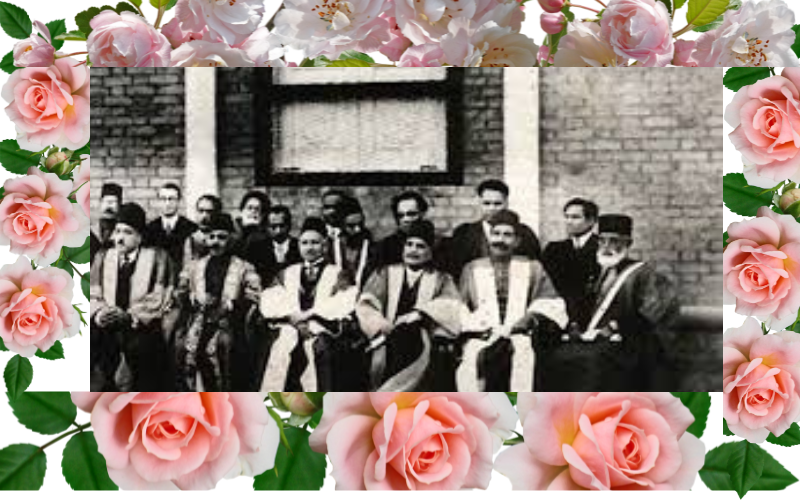
In his famous poem “Shikwa” (The Complaint) and its sequel “Jawab-e-Shikwa” (The Response to the Complaint), Iqbal eloquently expresses the frustrations of the Muslim community under colonial rule and offers a powerful message of hope and resilience. His poetry inspired countless individuals to strive for a better future and to embrace their identity with pride.
The Vision of Pakistan
Allama Iqbal’s greatest lasting impact is his goal of establishing a distinct country for Muslims on the Indian subcontinent, which eventually led to the formation of Pakistan. In his renowned Allahabad Address of 1930, Iqbal proposed the creation of an autonomous Muslim state in northwest India where Muslims might live according to their cultural and religious beliefs.
Iqbal’s vision was not just political, but also profoundly entrenched in his view that Muslims required their own state to reach their full potential, free of the confines of a Hindu-majority India. His beliefs served as the intellectual foundation for the Pakistan Movement, and he is widely considered as one of Pakistan’s spiritual founders.
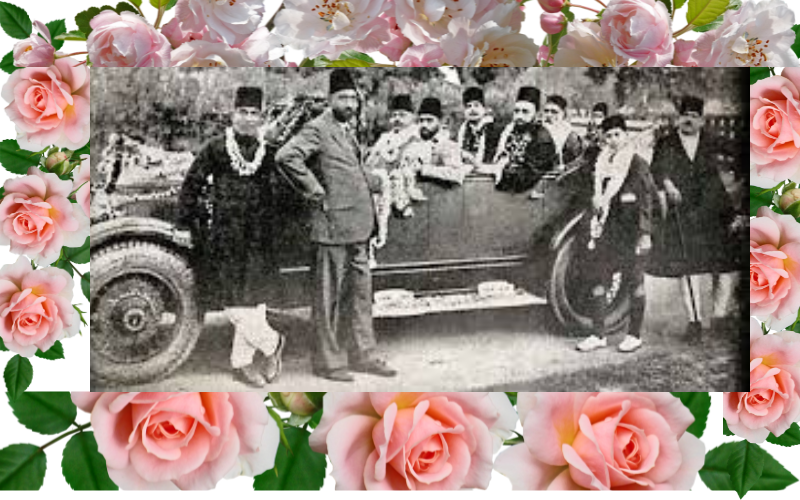
Legacy of Allama Iqbal
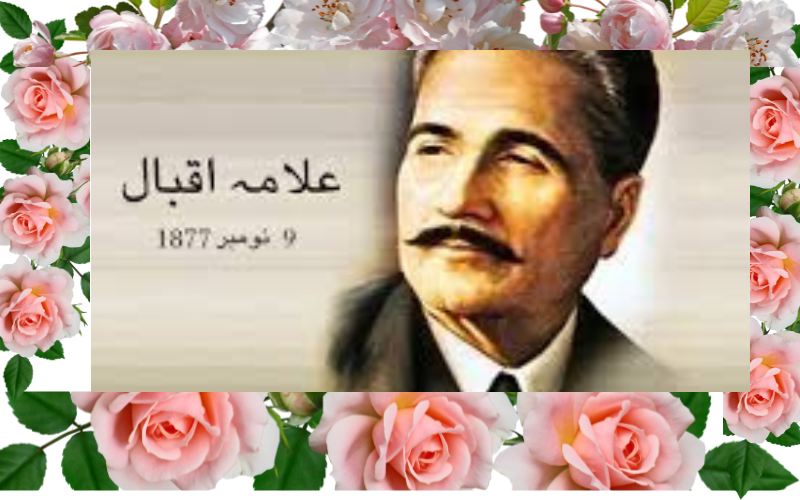
Allama Iqbal’s legacy continues to inspire generations of Pakistanis and Muslims worldwide. His works are studied in schools and colleges, and his views continue to be significant in conversations about identity, spirituality, and nationalism. The Iqbal Academy in Pakistan, among many other organizations throughout the world, is committed to preserving and disseminating his writings.
In Pakistan, Iqbal is known as the “National Poet,” and his birthday, November 9, is commemorated as “Iqbal Day,” a national holiday dedicated to remembering his contributions to the country.

conclusion
Mohammad Allama Iqbal was more than a poet or a philosopher; he was a visionary, and his thoughts and works continue to determine Pakistan’s identity and destiny. His focus on selfhood, spirituality, and the significance of a Muslim state has left an everlasting imprint on regional history. As Pakistan evolves, Allama Iqbal’s ideas and legacy continue to serve as a beacon for people seeking to construct a society founded on justice, equality, and spiritual contentment.
